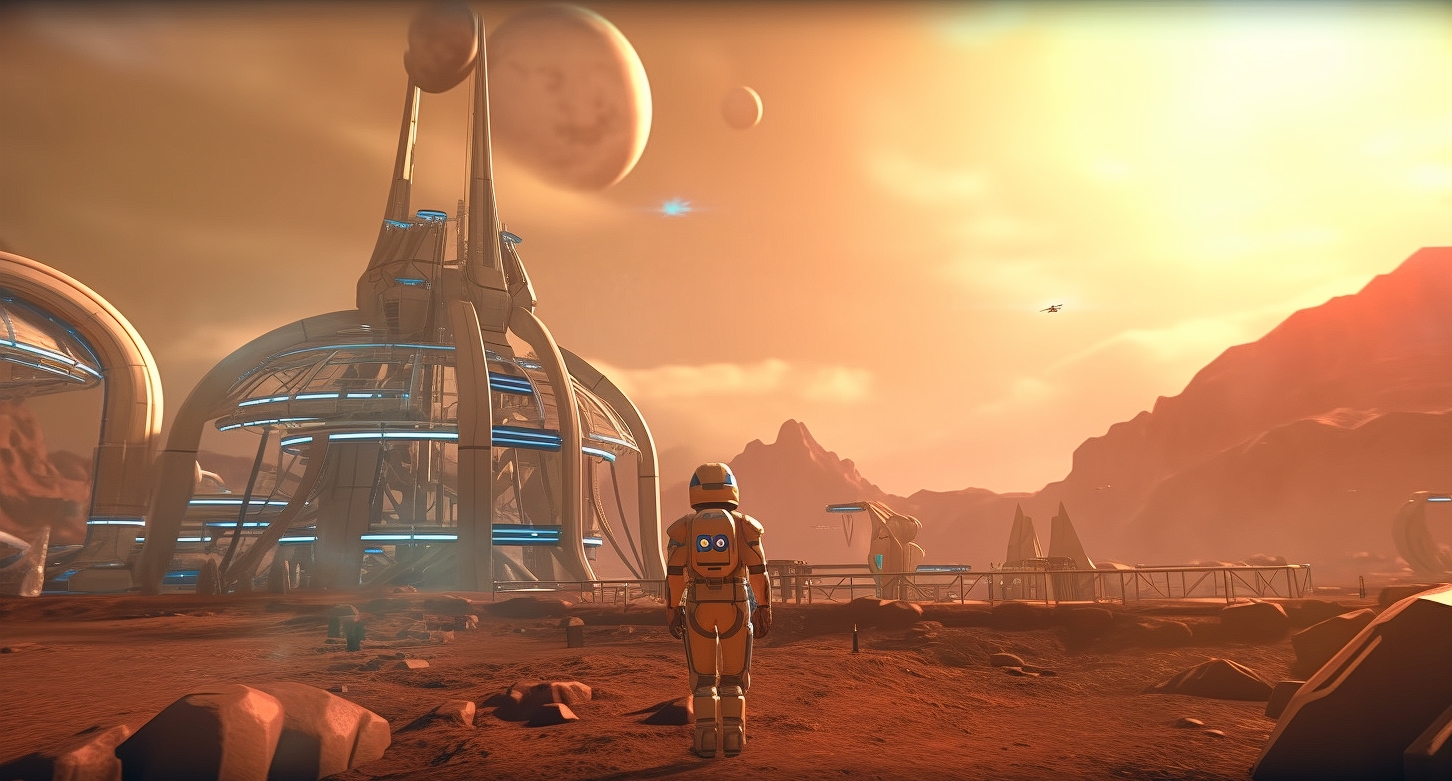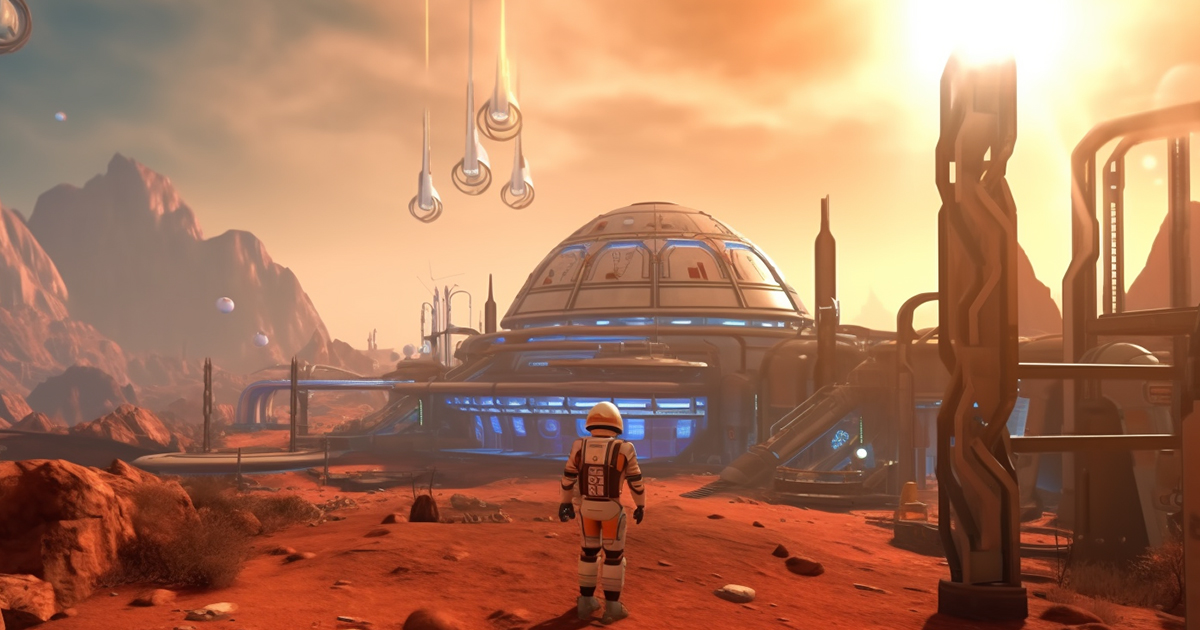Introduction
In the vast expanse of the cosmos, our attention has often been drawn to the enigmatic allure of Mars. Over the years, Mars has evolved from being a distant celestial body to a potential destination for humankind. In the sixteenth season of the renowned show “Ancient Aliens,” experts discuss the race to explore Mars, ponder the existence of life on the red planet, and even propose a theory that could rewrite our history – the notion that we might be Martians ourselves.
The New Space Race
The transcript begins by highlighting that just as there was a race to the moon, there’s now a race to Mars. Governments, including the Russians, the Chinese, and the Americans, are actively engaged in missions to reach Mars. However, the conversation takes an intriguing turn when it is suggested that “rich billionaires” might make their way to Mars independently.
The prospect of private individuals reaching Mars has raised questions about the cost-effectiveness of such endeavors compared to government-funded missions. With private space companies like SpaceX at the forefront, the dream of Mars exploration appears closer than ever before.

The Quest for Answers on Mars
Mars, often described as Earth’s cosmic cousin, has captivated our imaginations for centuries. As we approach this enigmatic planet, the search for answers intensifies. One compelling piece of evidence is a photograph from the Mars Reconnaissance Orbiter, revealing a pool of water, an iceberg, and a cloud in a single frame. This discovery hints at the presence of water on Mars, which, in turn, raises the possibility of finding life.
The Hunt for Extraterrestrial Life
The discussion in the transcript highlights an interesting divide in our expectations of Martian life. Some experts, like Giorgio Tsoukalos, anticipate humanoid life forms akin to us, while others view the potential discovery of bacterial life as less significant. Nevertheless, the presence of any form of life on Mars would be a groundbreaking revelation.
The Martian Connection
One of the most intriguing concepts put forward is the idea that Mars might have been the blue-green planet in the distant past, potentially even predating Earth’s suitability for life. If Mars once hosted life and its conditions allowed for the emergence of intelligent beings, it is possible that migration from Mars to Earth took place. This theory challenges the traditional narrative of Earth being the sole cradle of human civilization.
A Martian Origin?
The connection between human physiology and Mars is uncanny. Astronauts in space experience a shift in their circadian rhythms to align with the Martian day, which lasts approximately 24.9 hours. This alignment suggests that our biological clocks are tuned to Mars, raising the provocative question: Could we be Martians?
The Future of Mars Exploration
With NASA and private companies like SpaceX embarking on missions to Mars, the red planet is poised to become a focal point of human exploration. The announcement of private companies competing to design America’s new human landing system emphasizes the seriousness of these endeavors. This influx of missions sparks curiosity about the true motivations behind these interstellar journeys.
Video:
Conclusion
As we delve deeper into the mysteries of Mars, the possibilities continue to astonish us. The dialogue in “Ancient Aliens” Season 16 reveals not only the fascination surrounding Mars but also the growing belief that our journey into space might indeed lead us back to our ancestral homeland. Whether Mars holds the key to our past or future, its allure as a celestial neighbor beckons us to explore and uncover the secrets of this captivating world. The quest to return to Mars is not just a race but a cosmic adventure that may redefine our understanding of the universe and our place within it.

18 thoughts on “Humankind’s Return to Mars – Unveiling the Fascinating Possibilities”
Comments are closed.